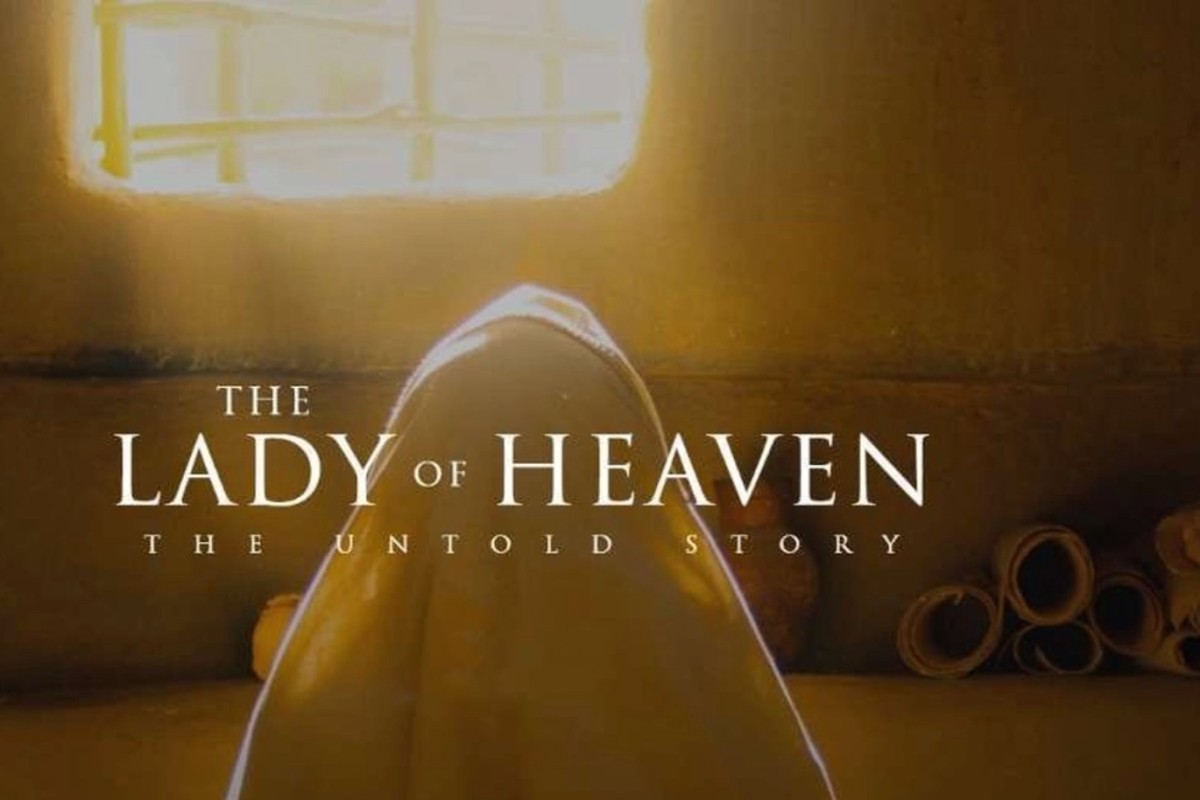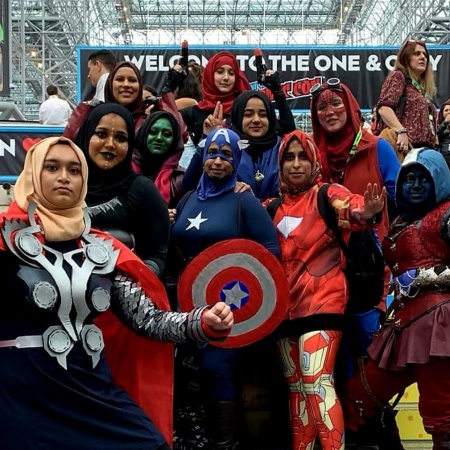Iran releases epic ‘Muhammad’ last Thursday
OnIslam & News Agencies
TEHRAN – After several delays, Iran’s most renowned director announced that the epic film depicting the first stage of the life of the Prophet Muhammad (peace be upon him) would premier on Thursday, August 27, despite facing foreign opposition.
Extremists and jihadists such as the [so-called] Islamic State group “have stolen the name of Islam,” award-winning director Majid Majidi told Agence France Presse on Wednesday.
The director added that his goal was to present the right image of Islam to the world.
In the Western world, “an incorrect interpretation of Islam has emerged that shows a violent image of Islam, and we believe it has no link whatsoever” to the religion, he said
The film, “Muhammad”, is the first part of a trilogy on the life of the Prophet and depicts events before his birth and up to his teenage years, before he declared his prophethood.
It was first shown to the public in the opening ceremony of Tehran’s Fajr international film festival last January, which coincided with the anniversary of the 1979 Islamic revolution.
The film would not show the Prophet’s face as the Italian cinematographer Vittorio Storaro, the three-time Oscar-winner, has worked on various combinations of light and darkness to make religious depictions in the film possible.
With a huge production cost estimated at $40 million, the film is the result of the hard work of Majidi for more than seven years to produce what is only the second big-budget feature made about the Prophet.
The first was Moustapha Akkad’s 1976 The Message, starring Anthony Quinn, which sparked controversy despite not showing the Prophet on screen to avoid hurting Muslim sensitivities.
Controversy
While many planned screenings of “Muhammad” in Shiite-majority Iran have already sold out, in the Sunni Muslim world the production has triggered controversy.
“Definitely, some countries like Saudi Arabia will have problems with this film but many Islamic countries — including Turkey, Indonesia, Malaysia and many others in Southeast Asia — have asked for the film,” Majidi said.
Saudi Arabia was not the only opposition voice to the new film.
In Egypt, Al-Azhar, the highest institution of religious learning in the Sunni world, has also opposed the new film.
In a statement, Al-Azhar “objected to portraying prophets and messengers in art” as it is “tantamount to belittling their spiritual status.”
It opposes not only portraying the prophets’ faces but also their voices.
“The actor who plays this role may later play a criminal, and viewers may associate these characters with criminality,” Abdel Dayyem Nosair, adviser to Al-Azhar head Ahmed al-Tayyeb, told AFP.














2015
1,284 views
views
0
comments